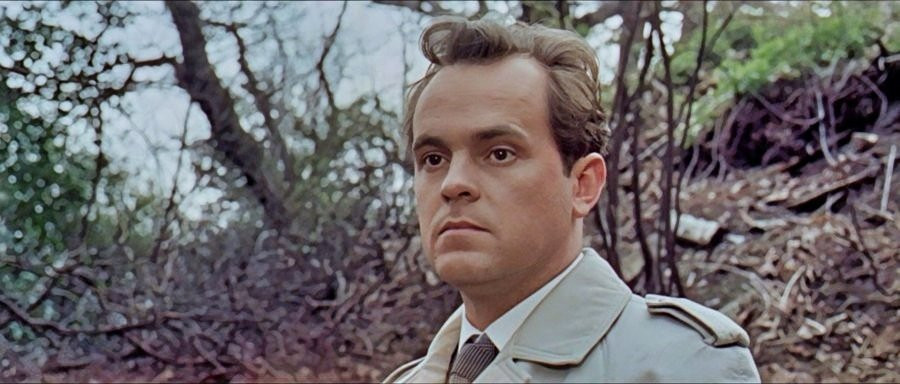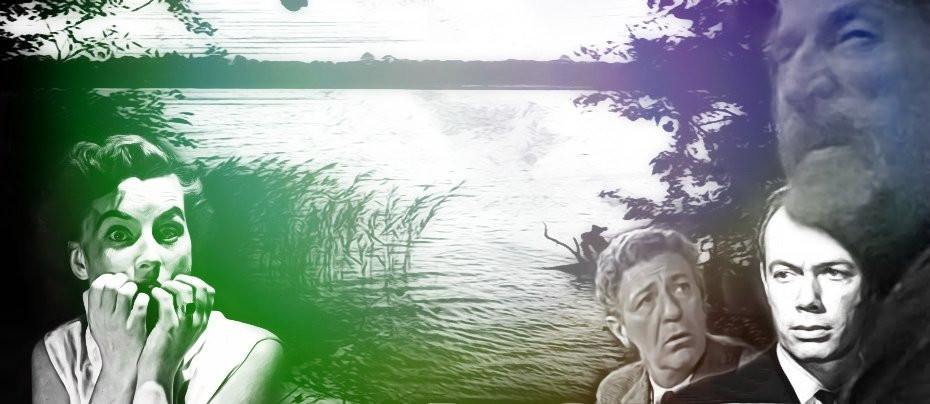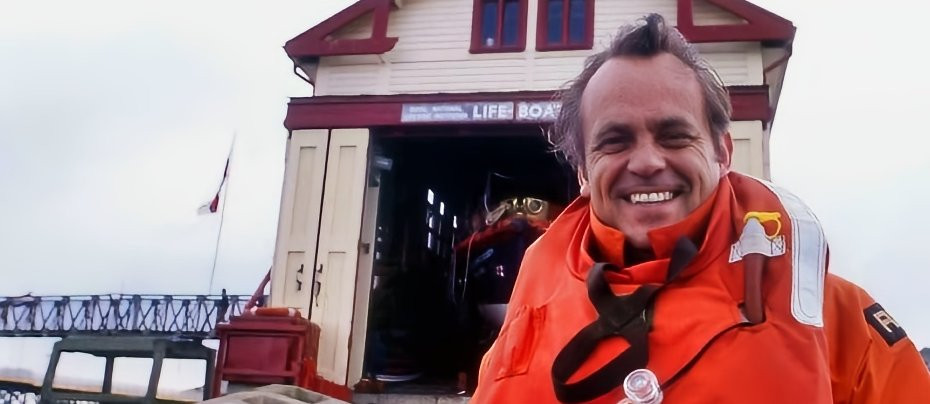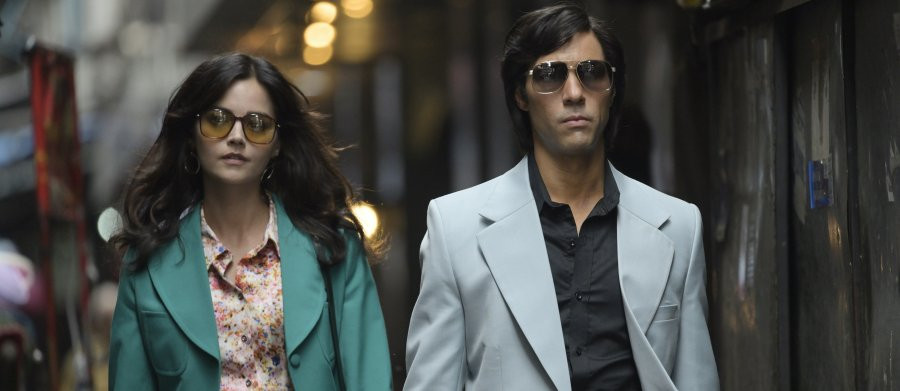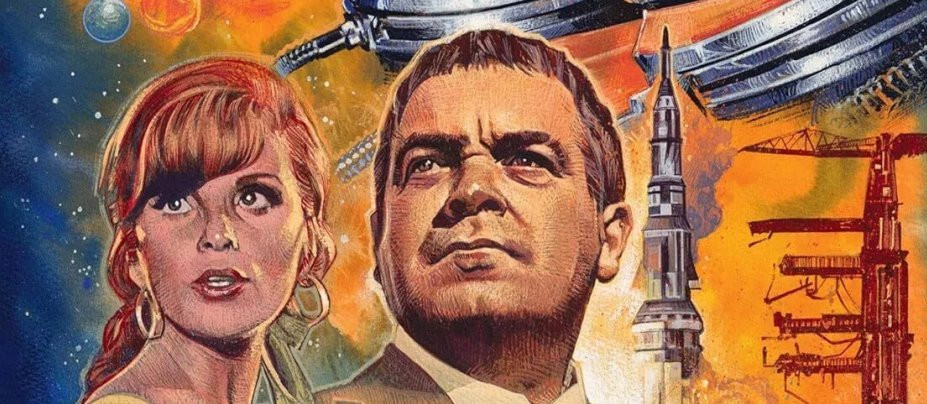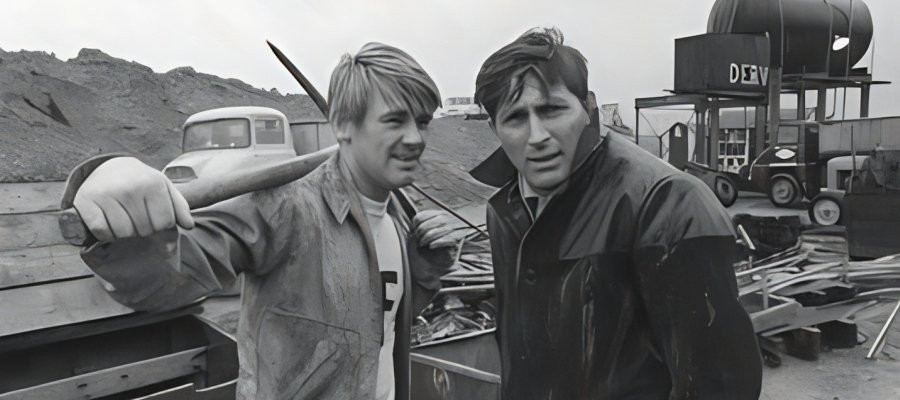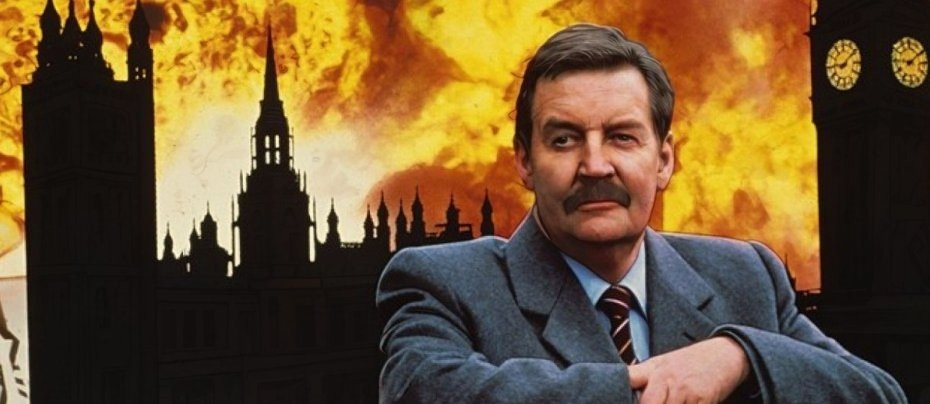
A Very British Coup
1988 - United KingdomA political firebrand of the '80s—now a smouldering relic or still a warning flare?
In the charged political landscape of late-1980s Britain, A Very British Coup exploded onto Channel 4 as the network’s first major drama serial to capture the national mood—and sharply divide opinion. Adapted by the dependable Alan Plater from the 1983 novel by MP Chris Mullin, the three-part series imagined a Britain on the verge of radical change, driven by socialist ideals and met with icy resistance from the entrenched powers of the state. When it aired in 1988, the show felt less like fiction and more like prophecy, tapping into the anxieties and tensions of a country deep in the shadow of Thatcherism.
Set in the then-“future” year of 1989 (the original novel was published in 1983), the drama follows the rise of Harry Perkins (Ray McAnally), a gruff, plainspoken former steelworker from Sheffield who becomes Prime Minister on the back of a left-wing Labour landslide. With a manifesto calling for withdrawal from NATO, nuclear disarmament, and the expulsion of American military bases, Perkins represented a political fantasy for many on the British left—a no-nonsense leader prepared to dismantle the post-war consensus of American dependency and Establishment compromise.
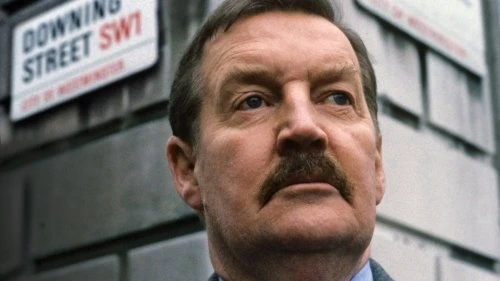
Of course, the fantasy turns nightmare. No sooner has Perkins settled into No. 10 than the invisible machinery of the British Establishment begins to grind into motion. Civil servants, spies, media tycoons, and foreign agents all conspire to destabilise the new regime. It’s not just a coup—it’s a lesson in realpolitik. Perkins fights to stay true to his principles, but as the noose tightens, it becomes clear that conviction alone can’t withstand the weight of a system built to crush dissent. The whistled refrain of “The Red Flag” that closes each episode might seem melodramatic by today’s standards, but at the time, it was a chilling lament for a dream already slipping away.
Alan Plater took some creative liberties with the original plot. In his version, the newly elected Labour Government realizes that if it follows through with its policies, it’s going to face severe consequences—essentially, political disaster. The Chancellor of the Exchequer (Geoffrey Beevers), a centrist and failed leadership contender, is shown humbling himself before the International Monetary Fund, while the Prime Minister, more cunningly, is bending the rules in secret. To avoid a financial meltdown without slashing public services, the PM cuts a covert deal for a loan with none other than the Moscow State Bank. Politically, the whole scenario is outrageous. The crisis surrounding the British pound is believable enough. You can just about buy the idea that a desperate Prime Minister would go behind his Chancellor's back to strike a shady deal with...someone—and that the Chancellor, being a spineless career politician, would silently endure the humiliation for the sake of staying in power. But the notion that Soviet gold could stabilize the pound is pure fantasy. In reality, backing sterling with Russian money would destroy its value, not save it. The Moscow State Bank doesn't appear in the original story; Plater made it up as a dramatic twist to close the first episode. Reportedly, the Labour politician Tony Benn, himself a devisive figure, advised Platter on this plot device—perhaps because Benn genuinely entertained these kinds of ideas.
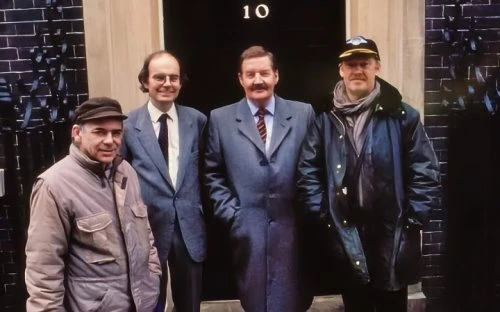
By modern metrics, A Very British Coup feels both dated and eerily prescient. Some of its characters, particularly the shadowy spooks and smug elites, now read like archetypes from another era—simplified villains in what can feel like a morality play. Yet the core theme remains disturbingly relevant: what happens when democracy threatens the status quo? As debates rage today over media manipulation, deep state conspiracies, and the limits of progressive reform, Perkins’ downfall feels less like Cold War paranoia and more like a perennial warning.
Technically, the show has its flaws. The pacing lags in places, and the limited three-episode format leaves certain subplots feeling undercooked. But what it lacks in narrative polish, it more than compensates for in ambition and raw political energy. It’s easy to see why the series made waves internationally—though its thunder would be stolen a few years later by Ian Richardson’s deliciously Machiavellian House of Cards.
Still, A Very British Coup holds its own as a unique product of its time: a piece of political fiction born out of frustration with the Thatcher era, yet one that dared to imagine a different Britain—even if only briefly. Ranked 66th on the British Film Institute’s list of greatest programmes, and 18th in the drama serial category, its legacy is secure, if slightly faded. Watching it now, you can’t help but wonder—not just what might have been, but what still might be.
Verdict (2025 perspective):
★★★☆☆ – Uneven but bold. A fascinating relic of late 20th-century political television that still resonates, if more as cautionary tale than call to arms.
Seen this show? How do you rate it?
Seen this show? How do you rate it?
Published on April 11th, 2025. Written by Laurence Marcus for Television Heaven.



